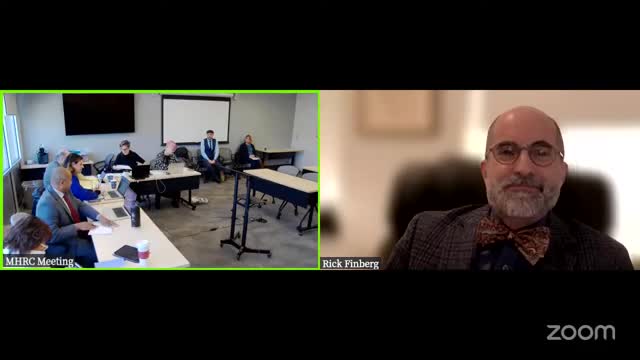Article not found
This article is no longer available. But don't worry—we've gathered other articles that discuss the same topic.

Commission finds reasonable grounds in discrimination and retaliation claims against SHP Management

Commission dismisses complaint alleging State Board of Social Work failed to discipline therapist

Commission finds reasonable grounds in religious-accommodation complaint against Piedmont Airlines

